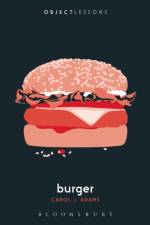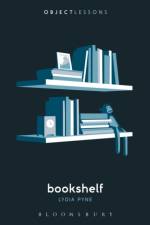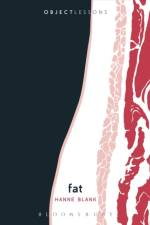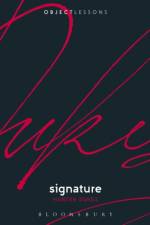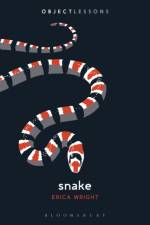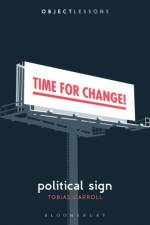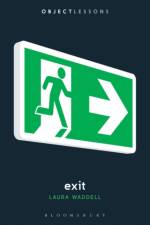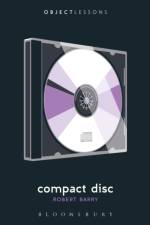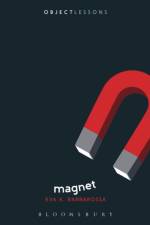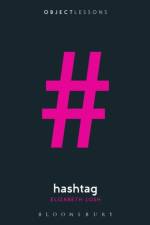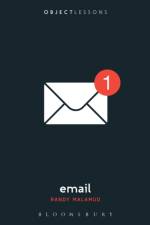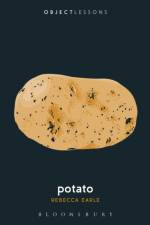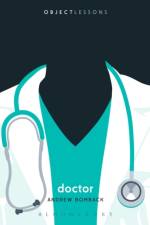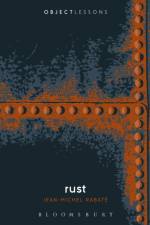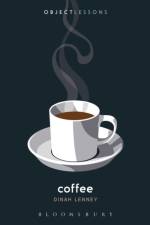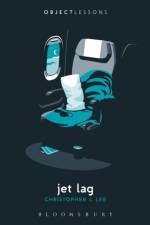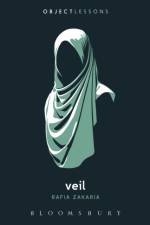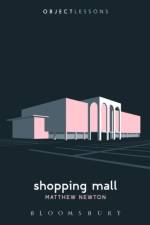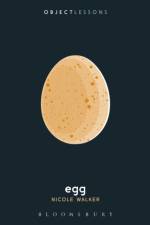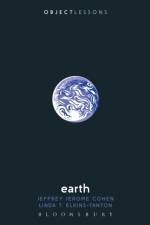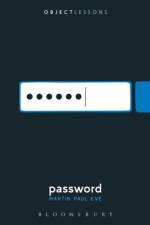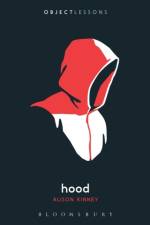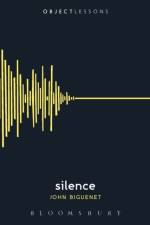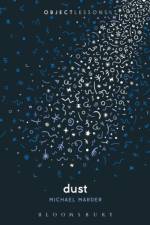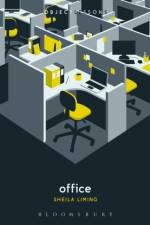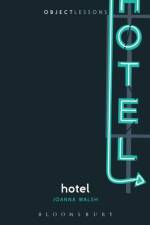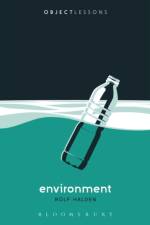av Dr. Andrew (Columbia University College of Physicians and Surgeons Bomback
147
Object Lessons is a series of short, beautifully designed books about the hidden lives of ordinary things. A 3-year-old asks her physician father about his job, and his inability to provide a succinct and accurate answer inspires a critical look at the profession of modern medicine. In sorting through how patients, insurance companies, advertising agencies, filmmakers, and comedians misconstrue a doctor's role, Andrew Bomback, M.D., realizes that even doctors struggle to define their profession. As the author attempts to unravel how much of doctoring is role-playing, artifice, and bluffing, he examines the career of his father, a legendary pediatrician on the verge of retirement, and the health of his infant son, who is suffering from a vague assortment of gastrointestinal symptoms. At turns serious, comedic, analytical, and confessional, Doctor offers an unflinching look at what it means to be a physician today.Object Lessons is published in partnership with an essay series in The Atlantic.

